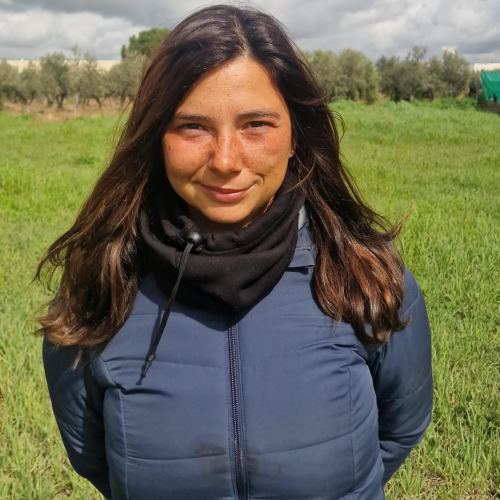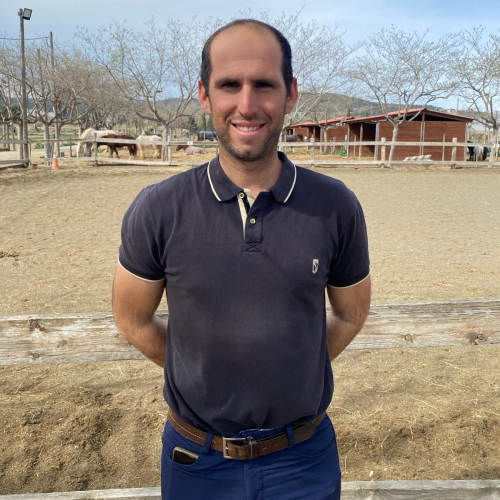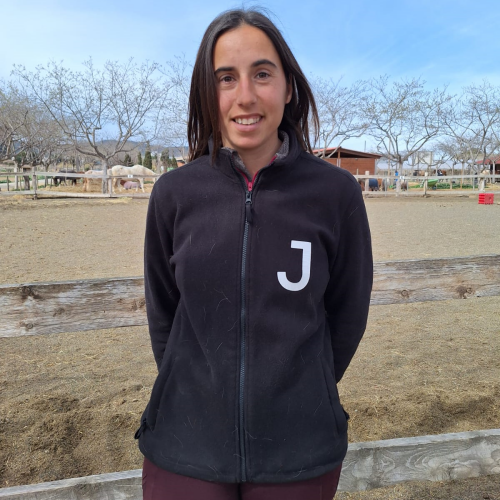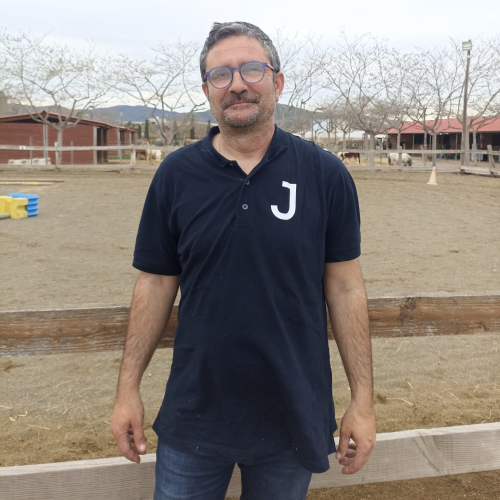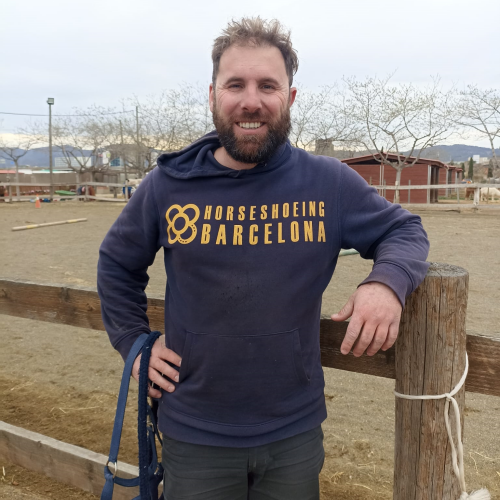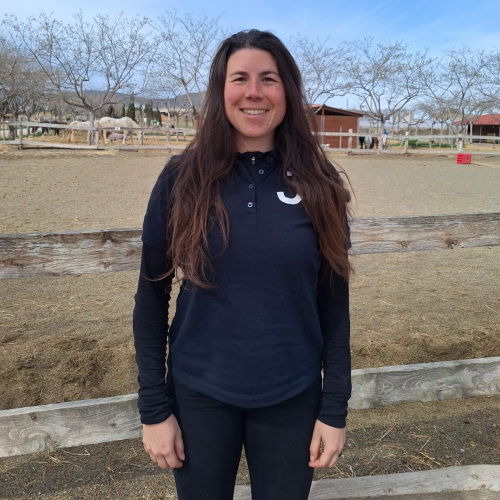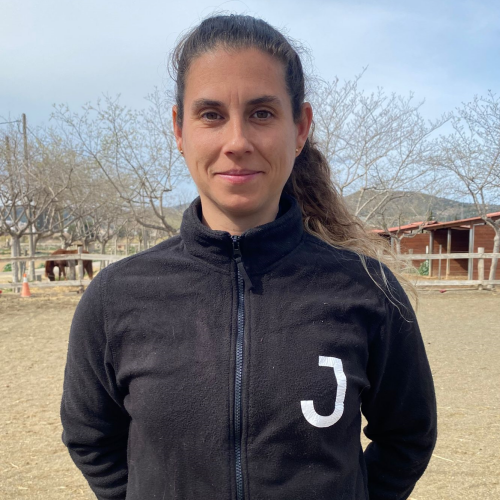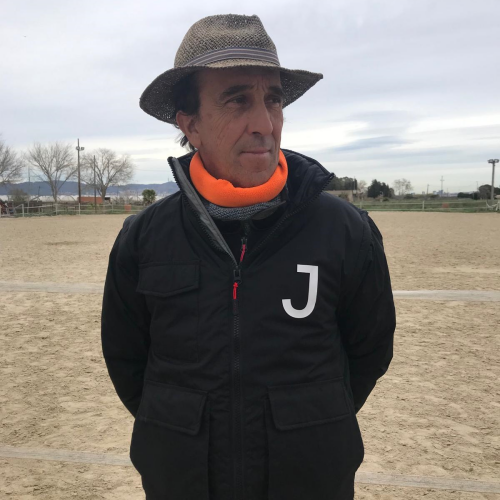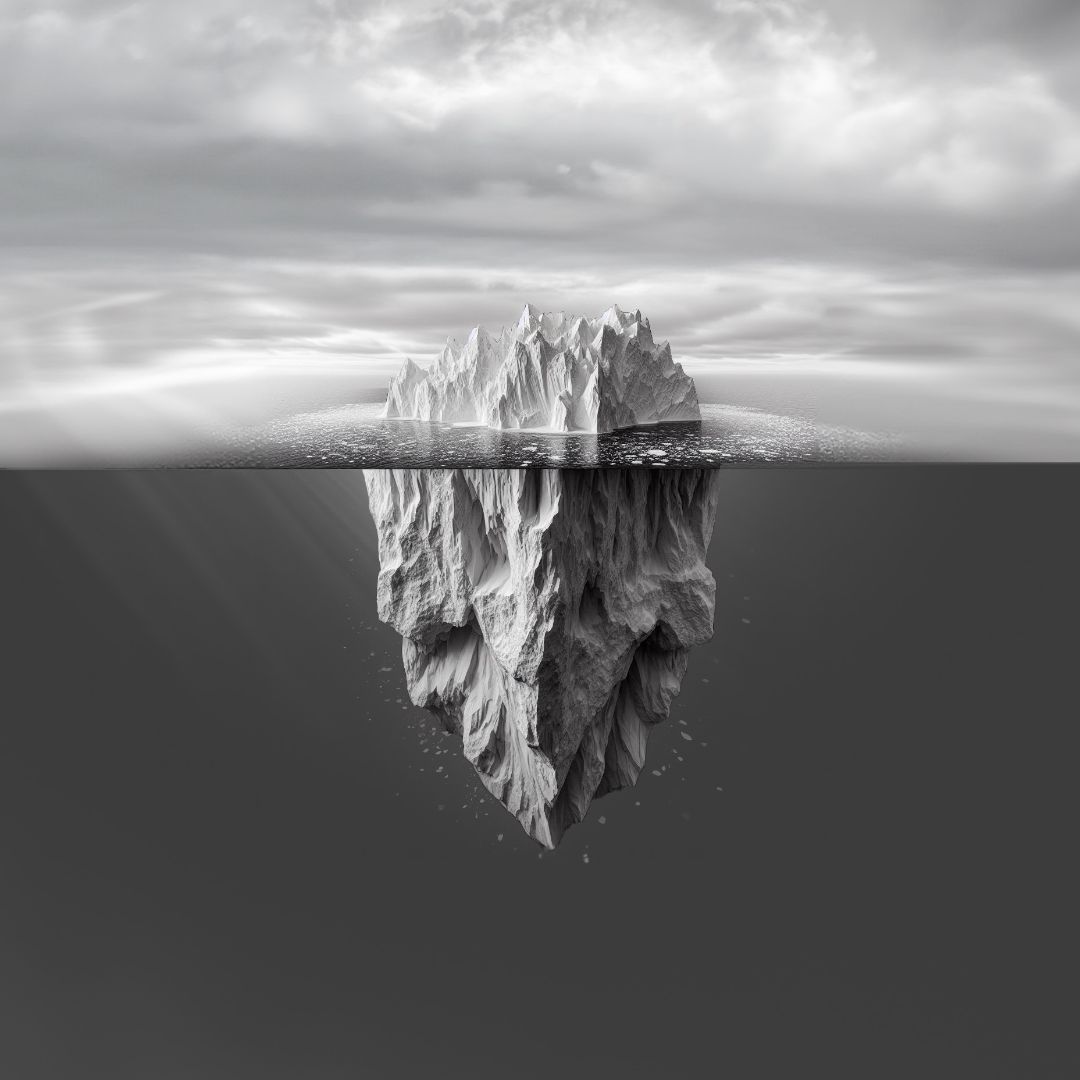| Name: | Endurance disciplines, orienteering and equestrian tourism |
|---|---|
| Level: | Intermediate Level Sports Technical Education |
| Duration of the training cycle: | 1030 hours |
| Training in the educational center: | 820 hours |
| Training at the workplace: | 210 hours |
The final cycle prepares students to organize, adapt, direct, and energize the basic training and technical development of riders and horses during the sports technicalization stage in disciplines such as jumping, dressage, and eventing. It also enables them to organize, accompany, and supervise athletes and participants in events, competitions, and activities specific to this level.
Students will manage the necessary material resources and coordinate the work of technicians under their responsibility. They will organize sports initiation level activities and competitions, design routes and circuits suitable for their level, and specify, direct, and adapt equestrian activities for riders with disabilities. Additionally, they will collaborate in the process of detecting and selecting sports talent (rider-horse pairs), all in accordance with the guidelines established in the reference program and maintaining an optimal level of quality to ensure the satisfaction of athletes and users involved.
Schedule

Afternoons
Curriculum
Initial cycle
Final cycle
Project work
Conservation and Sustainable Equestrian Tourism Project
Development of a project that combines equestrian tourism with environmental conservation. This may include the creation of equestrian routes that promote respect for nature, as well as educational activities for participants about local flora and fauna.
Objectives: To promote sustainable equestrian tourism, aware of its impact on the environment and committed to its conservation.
Innovation Project in Equestrian Endurance Techniques
Research and application of new techniques and technologies to improve training and performance in equestrian endurance disciplines. This could include biomechanical analysis of horse movement, as well as the use of wearable technologies for health and performance monitoring.
Objectives: Optimize training techniques and improve understanding of horse physiology in endurance disciplines.
Equestrian Orientation and Navigation Project
Design and implementation of a practical course or workshop on orienteering and navigation techniques on horseback, including the use of compasses, GPS and other navigation tools on equestrian orienteering routes and competitions.
Objectives: To improve riders’ orienteering skills, essential for the safe and effective practice of equestrian orienteering.
Equestrian Tourism Festival
Organization of a festival to promote equestrian tourism, with the participation of different stakeholders, including tourism companies, equestrian clubs, and environmentalists. The event could include demonstrations, workshops, conferences, and guided horseback riding tours.
Objectives: Promote equestrian tourism as a recreational and sporting activity, as well as foster networking among professionals in the sector.
Equestrian Raid Project
Planning and execution of an equestrian raid competition, from route selection to logistics and security management. This project would involve terrain analysis, planning checkpoints and refreshments, and coordination with local authorities.
Objectives: To promote the sport of equestrian endurance and provide practical experience in organizing sporting events.

